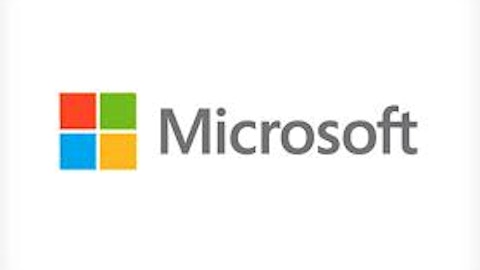
A very “likeable” second quarter
For its second quarter, Facebook Inc (NASDAQ:FB)’s adjusted earnings rose 58% to $0.19 per share and topped the consensus estimate by five cents. Revenue rose 53% to $1.81 billion, also exceeding the $1.62 billion that analysts had expected.
Most of those gains were attributed to Zuckerberg’s heavy investments in mobile advertising last year. Those enhancements boosted the company’s mobile revenue 61% year-on-year to $655.6 million, and mobile now accounts for 41% of the company’s total advertising revenue.
At this rate, mobile revenue will soon comprise over half of Facebook’s advertising revenue, which will keep the company on track to claim 14.9% of the global mobile advertising market by the end of fiscal 2013, up from 5.4% in 2012, according to research firm eMarketer. Although that would be an impressive year-on-year gain, Facebook will still trail Google Inc (NASDAQ:GOOG), which is forecast to claim 52% of the market this year.
Total users and micro-transactions rise
Facebook Inc (NASDAQ:FB)’s total users rose to 1.15 billion, up from 1.11 billion a year ago. Its mobile user base grew 51% year-on-year to 819 million, thanks to the rising adoption of smartphones and tablets. In addition, 61% of its total users accessed the social network daily, even when the company itself had predicted that its number of daily users would eventually flatten out or decline.
Last but not least, revenue from online payments from virtual goods and gifts rose 11% to $214 million, thanks to the popularity of Zynga Inc (NASDAQ:ZNGA)’s Farmville 2 and King’s Candy Crush Saga. Facebook takes a 30% cut of transactions from games played within its site.
Facebook’s strategic hits outnumber the misses
Over the past year, Facebook Inc (NASDAQ:FB) revealed a number of ambitious strategies to clarify its long-term growth strategy. Facebook Home, its ambitious Android replacement launcher, was intended to take over Google Inc (NASDAQ:GOOG) Android phones by making Facebook a replacement operating system skin. The idea fell apart after users criticized its overbearing design. HTC bore the brunt of the failure, and was forced to pull its “Facebook Phone,” the HTC First, off the market after only a month.
However, various updates to its smartphone apps, a new video feature for Instagram, and the addition of “stickers” to rival mobile chat apps Line and Viber, were all smart moves. In addition, Facebook’s Graph Search feature, which allows users and advertisers to filter users by geographic location and interests, holds a lot of potential for optimizing targeted advertising.
Facebook’s appeal to advertisers is rooted in its ability to allow advertisers to “friend” users, and to use “likes” to fuel viral promotions. Facebook is also focusing on simplifying the process by reducing its 27 ad units by half to make ad purchases more efficient. This strategy is clearly appealing, since it even won back General Motors Company (NYSE:GM) in April, after the automaker abandoned the social network last May.
Declining CPC casts doubt on Google’s mobile future
Facebook Inc (NASDAQ:FB)’s bullish earnings were a stark contrast to Google Inc (NASDAQ:GOOG) and Yahoo! Inc. (NASDAQ:YHOO), which both struggled with boosting mobile revenue last quarter.





